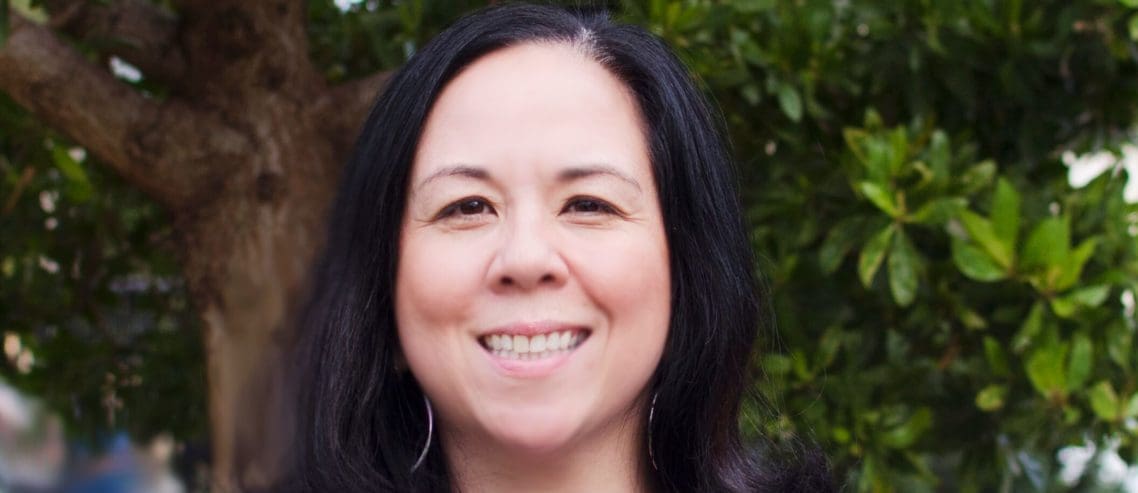What It Really Takes to be a Nurse
By Melissa Callahan, Corporate Director of Nursing
May 6-12 marks National Nurses Week, a week-long celebration of the contributions nurses make to healthcare. At Retreat Behavioral Health, our leading nursing team is a critical component of our medical operation, and the way we provide care for our patients. Here, our Corporate Director of Nursing shares thoughts on why she became a nurse, and the heroic work they do everyday.
As I think about what brought me to the career of nursing, I remember myself at a young age always taking the role of caregiver. I didn’t fear blood or an injured person and was interested in taking on new challenges.
To be a nurse is to be a critical thinker; a giving, devoted, and compassionate, person; and truly selfless. The rewards can be practical — financial security and having a defined career path — but the genuine rewards are also the hardest part of the job, like becoming invested in a patient’s journey through a medical problem.
A nurse can’t just clock in and clock out. A nurse can’t have a bad day and settle on having quiet thoughts to deal with personal issues. A nurse has to give one hundred percent of his or her focus to being able to identify even the slightest change in a patient’s condition. Even if a nurse is being yelled at or disrespected by a patient or family member, a nurse must be cognizant of the very real, very stressful circumstances that brought that individual to the brink.
With recent public questions challenging the real and heroic work that nurses do every day, I have focused on how it has brought so many people who have been personally changed by a nurse to share their real-life experiences. Over and over again, I hear that nurses are angels who not only focus their time and efforts not just on patients who are suffering — but on families, too.
National Nurses’ Week is celebrated worldwide to recognize the important role nurses play in healthcare and the contributions they have made to society. Nurses’ duties include, without limitation, assisting in medical procedures, advocating for patients’ rights, providing health teachings, administering medications, providing bedside care, and so much more.
There are many who say that nurses get paid well to do their job, but I don’t think there is a number one can fairly attach to giving one’s life in the service of others, witnessing death or trauma, or comforting families who experience devastation. But I am hopeful and optimistic about the future of our profession, and the joys it brings through the miracle of birth, successful surgeries, and giving people a second shot at a rich and vibrant life. We are, as the old adage goes, the “heart of healthcare.”




